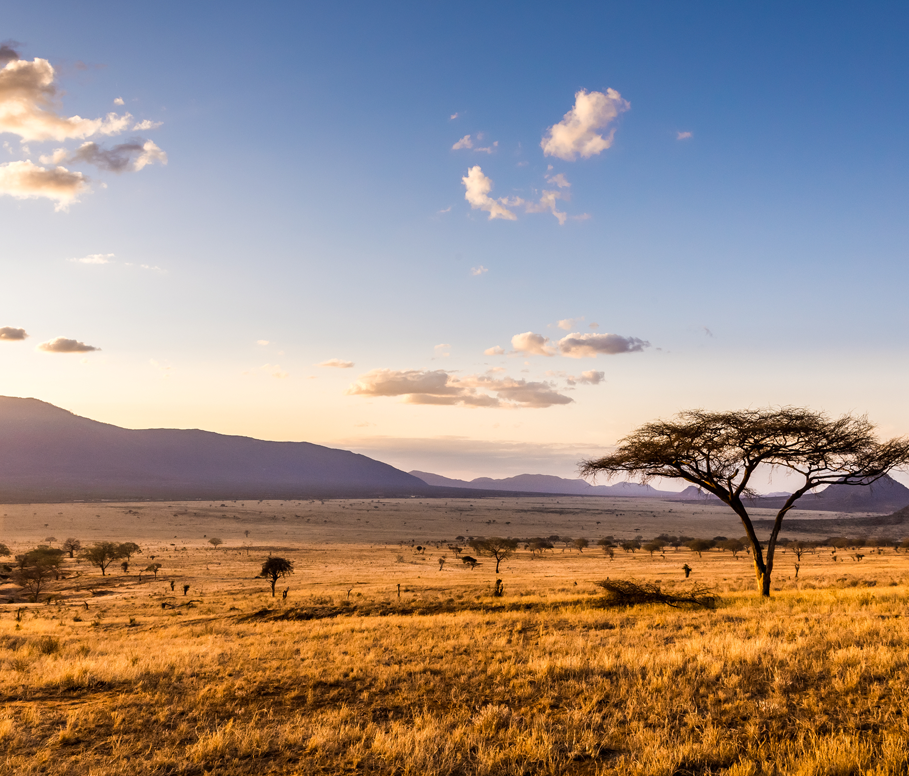COVID-19 was officially declared a pandemic nearly a year ago, and in that time, global leaders have increasingly seen the importance of innovation and collaboration in addressing this major global health challenge. Kenya – as one of only 34 countries represented on the World Health Organization (WHO) Executive Board in 2021 – has an extraordinary opportunity to advance efforts that fuel progress and support a strong intellectual property (IP) and innovation ecosystem.
One such opportunity is when the Executive Board continues conversations on the Global Strategy and Plan of Action on Public Health, Innovation and Intellectual Property (GSPOA). The GSPOA, negotiated and approved 13 years ago, helps countries set policies to support discovery of new treatments and cures for diseases disproportionately affecting developing nations.
Importantly, the GSPOA views IP as “an important incentive in the development of health care products.” However, as nations look to speed COVID-19 therapies and vaccines to people worldwide, some leaders have supported misguided policies, such as compulsory licensing, that could inadvertently delay efforts to contain the pandemic. Proposals to erode or suspend longstanding intellectual property policies threaten much-needed innovation for developing and developed nations alike. Such focus also strays from the WHO’s main mission of leading the global coordination and response to pandemics like the coronavirus and other health emergencies – which should remain the priority, especially now.
The COVID-19 pandemic has taken its toll, but it has also spurred unprecedented collaboration and innovation to address it – due, in no small part, to strong IP systems that protect innovators. Kenya has been hit hard by COVID-19, both socially and economically. Experts project the country’s GDP would grow no more than 1.5% in 2020, or even contract up to 1%, a stark difference from the 5.4% growth in 2019.
Embracing innovation and supporting innovative industries could help reverse economic setbacks from the pandemic. However, Kenya has room to grow in optimizing their economy for innovation, ranking 86th out of the 131 economies featured in the 2020 Global Innovation Index.
The potential remains, as Kenya has shown an appreciation for the role of IP, innovation and collaboration in addressing our current challenges:
- The country’s Vision 2030 has innovation as part of one of the strategy’s four main pillars. In fact, “the economic, social and political pillars of Kenya Vision 2030 are anchored on the foundations of…Science, Technology and Innovation” among other factors.
- At the WIPO Assemblies of the Member States meeting in September, Kenya noted it “will continue to stand with WIPO in its endeavors to support and promote the leveraging of IP as a tool for socio-economic development.”
- And at last year’s World Health Assembly Kenya underscored the need for collaboration, noting “the lessons learnt from this crisis has reaffirmed the need for Regional, global and multilateral solidarity and collaboration…We are particularly encouraged by the demonstrations of unity and humanity shown both within and across countries and application of information and technology” – which we know is possible because of the IP systems in place.
Kenya has the opportunity to speak up to defend IP and innovation, which it very much supports for its own nation’s prosperity, as well as advocate for continued partnerships, including collaboration with private sector. In doing so, we can end the coronavirus pandemic and improve global health.


